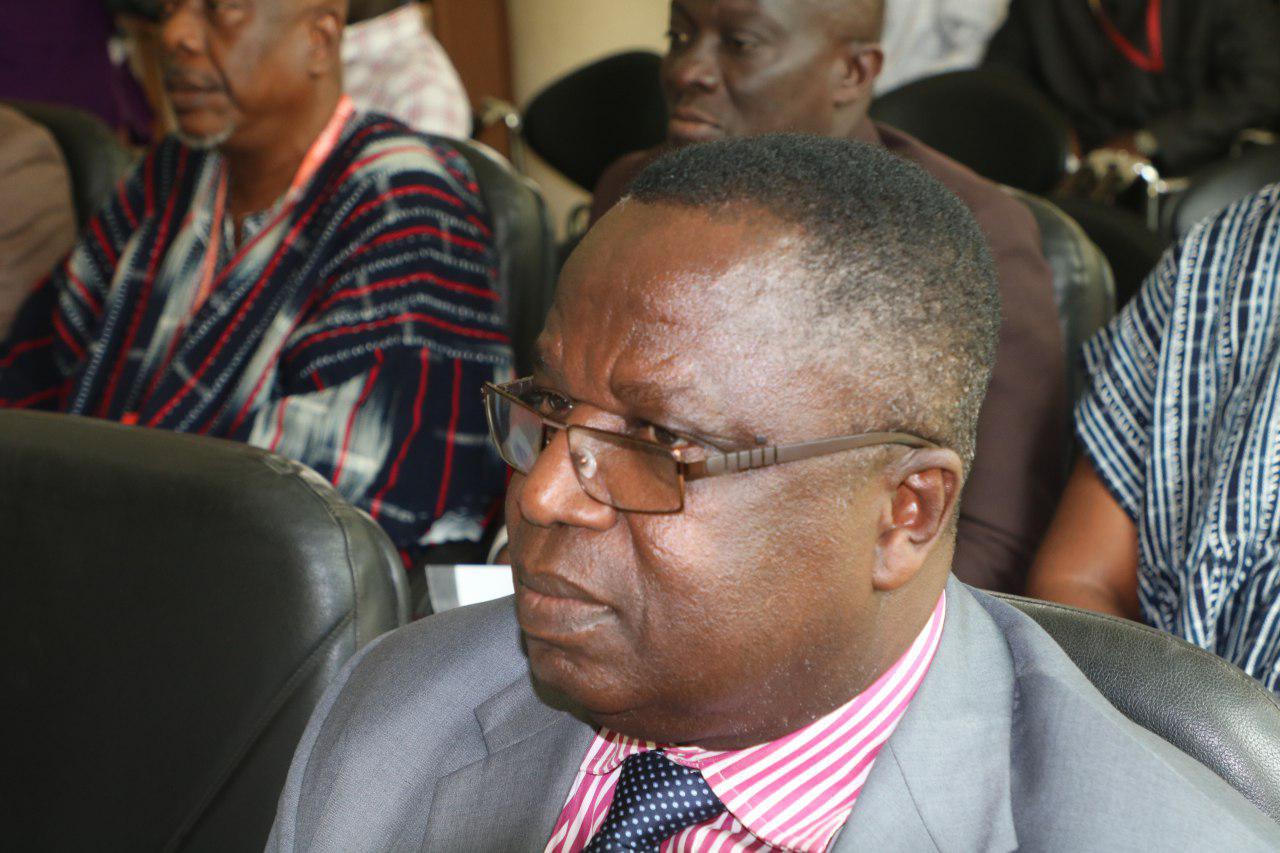
Don’t desert indigenous banks - Consultant appeals to public
A banking consultant, Nana Otuo Acheampong, has appealed to the public to continue to patronise the services of banks, in spite of the collapse of seven local banks over the last 12 months.
Advertisement
Consequently, he advised the public not to lose confidence in the banks but continue to transact business with them,
As of July last year, 20 out of the 36 banks at the time were majority Ghanaian-owned. The number has reduced to 13 following the collapse of the UT and the Capital banks in August 2017 and the Sovereign, uniBank, BEIGE, Royal and Construction banks in August this year.
Have sympathy
On the closure of the five local banks, Nana Acheampong admitted that events over the past 12 months had the tendency to affect the public’s confidence in the local banks.
He said the events risked creating a wrong impression among the public that all local banks were feeble when, in fact, those left were solid and strong.
He added that although some of the remaining local banks might appear small, they were solvent and would be able to protect depositors’ funds.
Some of the local banks, he said, even “match their foreign counterparts boot for boot in terms of capital, efficiency and corporate governance”.
“Above all, none of them is insolvent; they are all solvent. Some of them may not have the GH¢400 million yet but they are likely to raise it before the December deadline,” he added.
He explained that the 13 indigenous banks would not have got to their present positions if they had not received the needed patronage and, therefore, the public should not desert them in the wake of actions to sanitise the banking sector.
No more closures
Nana Acheampong said although the collapse of the five banks on Wednesday, August 1,
Explaining further, he recalled that the withdrawal of the licences of the five banks early this month followed an earlier directive by the central bank to all banks to furnish it with their capital restoration plans.
Having received the plans of the various banks in June 2018, he said, the BoG realised that the collapsed banks “did not have a chance in hell of reaching those capital requirements”.
History of banking
Tracing the history of banking in the country, Nana Acheampong recalled that after the establishment of the Standard Chartered Bank Ghana and Barclays bank Ghana in 1896 and 1917, respectively, the country realised the need to have Ghanaian majority-held banks and proceeded to establish six banks between 1953 and 1993.
He mentioned the GCB Bank (1953), the National Investment Bank (1963), the Agricultural Development Bank (1965), the Merchant Bank (now the Universal Merchant Bank,1971), the SSB Bank (now Societe Generale,1975), the CAL Bank (1990), the HFC Bank (now the Republic Bank,1990) and the Prudential Bank (1993).
The trend was interrupted when ECOBANK, with headquarters in Lome, Togo, came onto the scene in 1990 and it remained so until 2006 when another giant, the Fidelity Bank, joined the train with the new standard.



